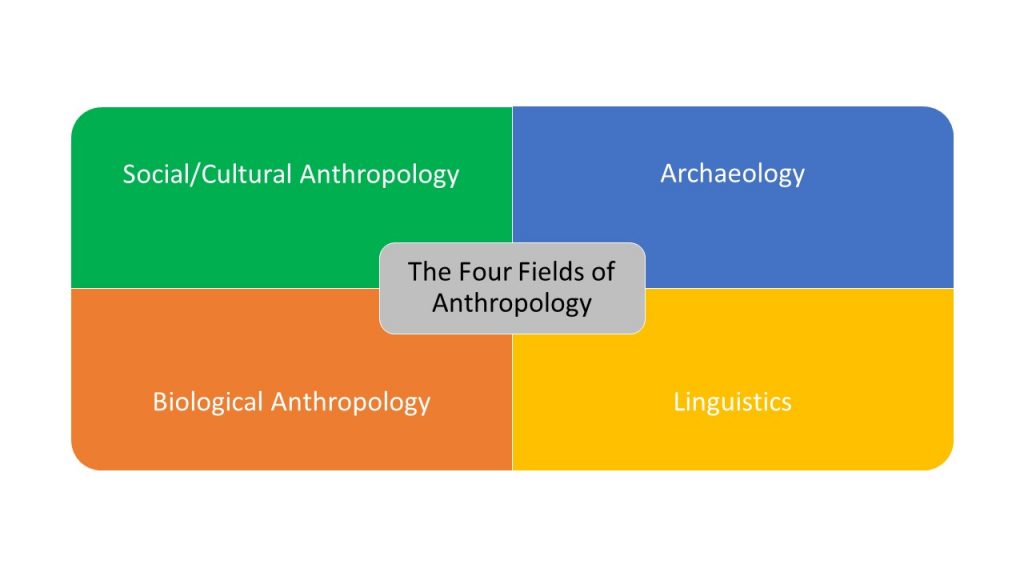 Social anthropology is a lively and diverse academic discipline. It focuses on contemporary cultures and societies – exploring how people live, and how they make their lives meaningful, in different places and contexts.
Social anthropology is a lively and diverse academic discipline. It focuses on contemporary cultures and societies – exploring how people live, and how they make their lives meaningful, in different places and contexts.
Below, we tell you a bit about how social anthropology relates to other disciplines. Then there are three sub-sections (accessed in the lefthand menu, or via these links):
- History of the Discipline covers how the field came into being, and some influential ideas within it
- Values and Vision explores what drives the discipline of Social Anthropology (as summed up by some current day students and professors)
- The Careers page should give you a sense of the many places it can lead.
Anthropology and the Four Fields
Social anthropology is one of the four major fields of Anthropology – an academic field devoted to the study of human beings, past and present. Some universities teach these four different areas quite closely together, others separate them out more. Researchers can sometimes work in more than one of these fields, but it is typical to specialise. The AnthNav page is focussed on social anthropology (also known as cultural anthropology) specifically.
Some universities teach these four different areas quite closely together, others separate them out more. Researchers can sometimes work in more than one of these fields, but it is typical to specialise. The AnthNav page is focussed on social anthropology (also known as cultural anthropology) specifically.
This off-beat but informative 8min video answers the question, “What the F*** is Anthropology?”, locating cultural anthropology within the other anthropological fields, and asking what is unique about it, i.e. what makes up the ‘anthropological lens’. For a good overview of how social anthropology relates to archaeology, and also distinguishes itself with its own methods, try this conversational 6min video.
Where does Social Anthropology Fit Into Academia?
Social anthropology is generally considered to be a social science. It is a qualitative discipline, meaning it’s not usually focussed on numerical measurements, but on description. However, it is still considered empirical because it is based on observations rather than just ideas. The type of observations done in social anthropology are naturalistic, meaning they focus on people in real world contexts (rather than lab experiments, for example). Learn about our methods for research here.
Social anthropology (also commonly called cultural anthropology) focuses on human cultures and societies in the present day. This can cover almost any aspect of human life, from food, to religion, to family, to healthcare, to dance, to money, and much more – analysing norms, values, behaviours, identities, and power structures.
Social anthropology has similarities to sociology, but some differences in methods and focus. It also has shared interests with Cultural Studies, Communication Studies, Human Geography, and Gender Studies, among others. Pointing out that social anthropology is less of a topic, and more of a lens, this 10min video by a recent graduate in the UK is a great intro to the discipline.
Most people study Social Anthropology as their major or minor for a Bachelor of Arts, but many also combine it with other subjects in the humanities, or with a degree in the sciences, or in commerce.

